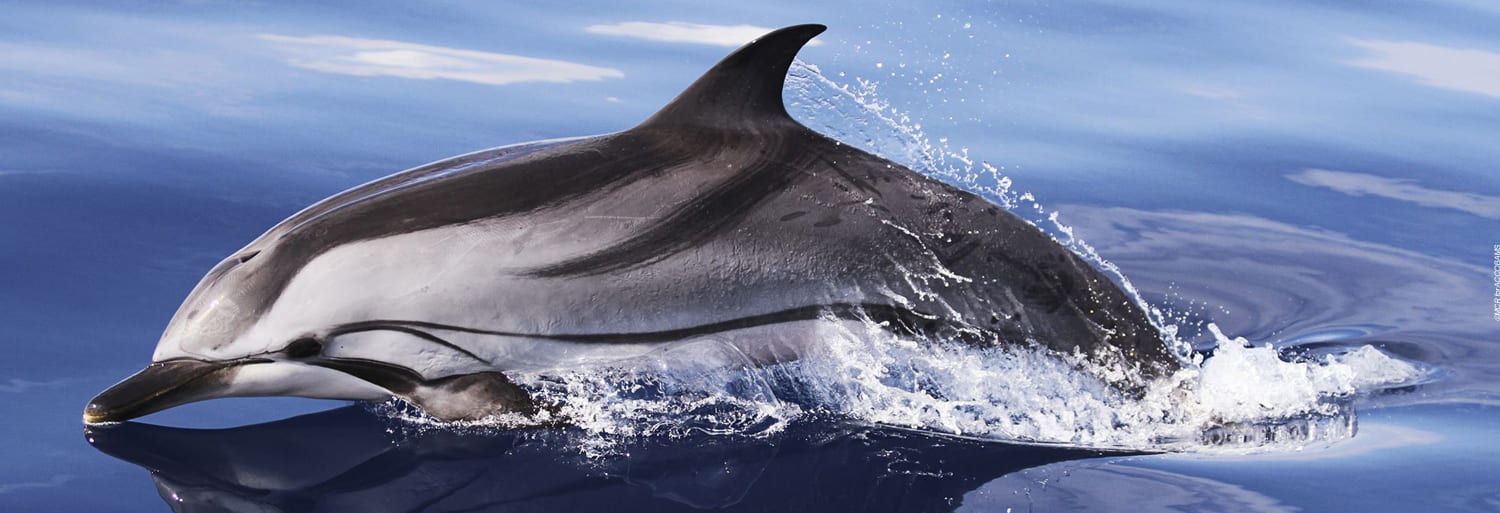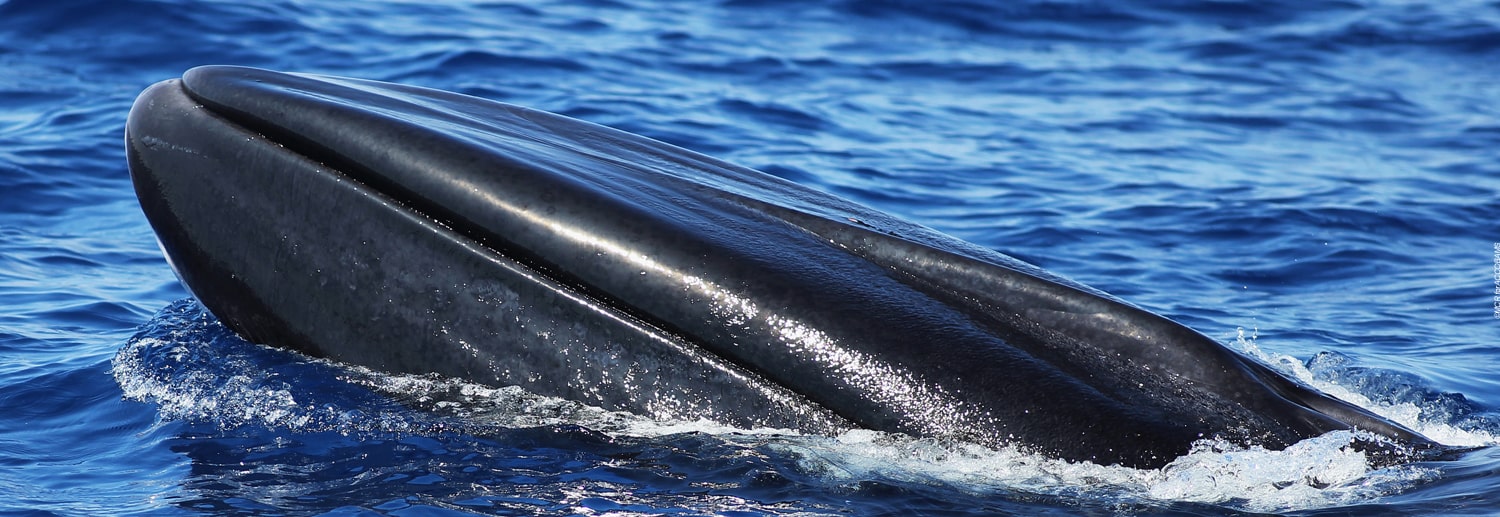Marine Litter
Marine litter is any material or object that is intentionally or unintentionally discarded in an inappropriate manner. It can be found on beaches, on the surface of the sea, in the water column, or on the seabed. They are made of various materials (plastics, metals, glass, paper, textiles, wood, etc.) and of different sizes: from macro waste (visible to the naked eye) to micro waste (<5mm), which can be transformed into nano particles (<1µm). According to experts, 80% of the waste present in the Mediterranean is of terrestrial origin (waste thrown from the land and transported to the sea by winds and rivers). 80% of it is plastic.
Pollution by marine litter, whether from land or sea (e.g., debris discarded from ships) is a global environmental concern and a major threat to biodiversity as a whole, both for habitats and for marine species, such as cetaceans that can be injured or killed by ingesting or becoming entangled in it. Faced with this danger, international cooperation is therefore fundamental in order to improve the situation.
Cetaceans are known to be affected by marine litter through ingestion and entanglement in ghost nets; the phenomenon is well-known in the ACCOBAMS area, and substantive information exists from the monitoring of strandings in the Mediterranean and the Black Seas.
Regarding the marine litter issue, the ACCOBAMS Conservation Plan (Annex 2 to the Agreement) provides that the Parties shall “introduce or amend regulations with a view to preventing fishing gear from being discarded or left adrift at sea, and to require the immediate release of cetaceans caught incidentally in fishing gear in conditions that assure their survival” (para. 1, b). In addition, the Parties shall “regulate the discharge at sea of, and adopt within the framework of other appropriate legal instruments stricter standards for, pollutants believed to have adverse effects on cetaceans” (para. 1, d).
Evaluating and addressing threats, such as marine litter, is a key part of the ACCOBAMS objectives and is relevant to past decisions related to, inter alia, the ACCOBAMS Conservation Plan, the ACCOBAMS 2014-2025 Strategy, the 2017-2019 work programme and Resolution 6.22 on cetacean live strandings.
In recent years, ACCOBAMS has initiated collaboration with RAMOGE and the French Oceanographic Observatory, exchanges have also taken place between the ACCOBAMS Secretariat and MEDPOL (UNEP/MAP) on the ways of collaborating for developing a regional program for assessing the impacts of ghost nets on cetaceans, in the framework of the Regional Plan on Marine Litter Management in the Mediterranean. In March 2015, ACCOBAMS collaborated with the Prince Albert II Foundation at an international workshop in Monaco entitled “Plastics in the Mediterranean. Beyond observations, which solutions”. A Monaco Declaration was issued. (link to BEMED)
Proposed activities for the 2023-2025 triennium
1 – Supporting pilot actions to implement the best practice guidelines for cetacean post–mortem investigation, including the assessment of ingested marine litter and entanglement in ghost nets
2 – Promoting/ supporting/ liaising with projects, research activities in order to develop standardized methods to detect the occurrence and effects of marine litter, including micro–plastics, in cetacean species
3 – Identifying hot–spot areas for marine litter accumulation and identifying threat to cetacean species occurring in those areas
4 – Developing a proposal to use cetacean species as indicators of marine litter in the ACCOBAMS Area
5 – Collaborating with relevant Organizations (ASCOBANS, IWC, MEDPOL, IMO, FAO) including through joint activities
6 – Promoting campaigns on the ban of single–use plass
Strengthening collaboration between global and regional intergovernmental organizations interested in the issue of ghost fishing or marine debris in general will be pursued as a cross-cutting objective to ensure better synergy and to optimize efforts.
Documents of importance:
Resolution 8.20 – Marine Litter and Chemical Pollution
Resolution 9.18 – Marine debris
Workshop on ingested marine litter and entanglement evidences in the ACCOBAMS area – Recommendations (6-7 April 2024, Catania, Italy)
The film, presented below, was jointly produced by the Secretariats of the ACCOBAMS, RAMOGE, and Pelagos Agreements with the objective of raising public awareness on the impact of litter on the marine environment and promoting simple but effective actions to reduce this pollution. It is urgent to reduce marine litter and to mobilize everyone in this sense.





